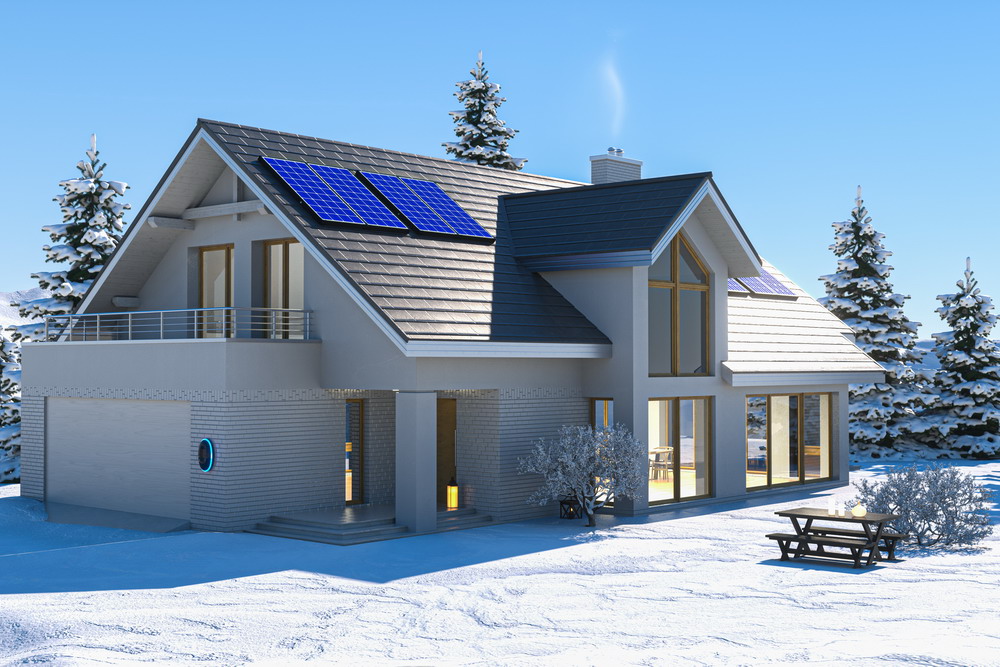

While installing solar panels on your home might seem appealing from an environmental and financial sense, many homeowners are uncertain how adding solar photovoltaic (PV) systems will affect their home insurance coverage and premiums. Solar panels can affect homeowners’ insurance in specific ways, but they ultimately provide more benefits than drawbacks when insured properly. With the rapid growth of the solar industry continuing, most insurance companies have adapted their policies to accommodate renewable power while at the same time offering premium incentives to green-conscious property owners.
Shopping for home insurance means first essential determining if the provider actually offers coverage for solar PV systems. Standard home insurance policies do not automatically include solar panels and associated equipment. Components such as the solar modules, inverter hardware, and roof attachments need to be insured separately with either add-on coverage or specialty solar policies. Insurance agents may recommend submitting a detailed listof your solar installation parts to ensure you receive adequate protection. Apart from the physical solar components, coverage also needs to extend to power output losses and wiring problems that might disable the system. As long as all your solar-related items are insured against applicable damages or theft, making an expensive claim down the road becomes much more reasonable.
According to the experts at Vivint Solar, beyond equipment protection, installing a home solar panels system introduces some unique considerations for coverage that standard policies usually not address:
The perceived extra risks of insuring solar panels often concern new system owners. However, leading insurance carriers now recognize that modern, professionally installed solar equipment poses minimal threat to homes while making them more disaster-resilient through maintained power. Insurers often reward solar adopters with significant premium discounts by bundling renewable equipment with standard home coverage. Some states even mandate discounts of up to 5-10% for solar-powered residences. Premium price cuts vary based on the solar array size, the quality of components, the installer’s reputation, and other factors indicating well-built, lower-risk systems. Along with solar subsidies and tax credits, insurance savings make residential solar even more financially appealing while keeping assets protected.
Installing a rooftop solar system can seem intimidating from home insurance perspectives until homeowners realize the actual benefits compared to minimal risks. Reputable insurers now reward renewable energy additions with premium discounts while providing equipment protections not found in traditional policies. Staying mindful that solar technologies require specialized coverage and working with experienced agents guarantees your exciting new solar panels remain safeguarded for the long haul.
You must be logged in to post a comment.